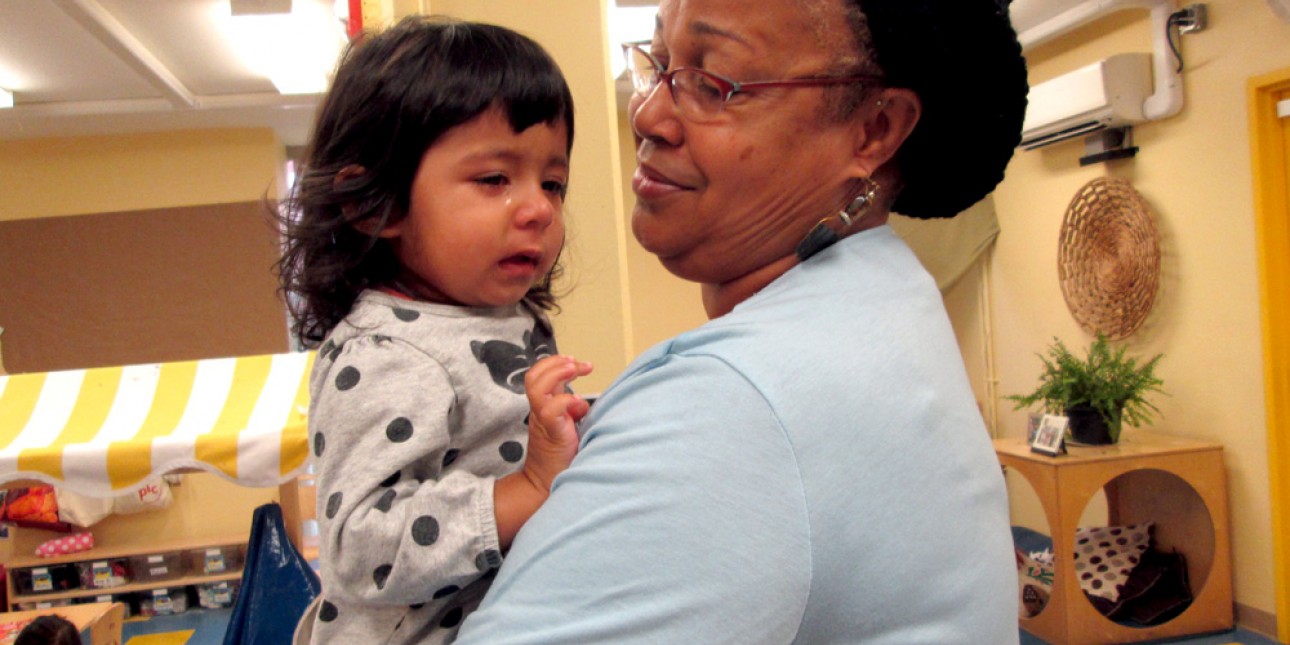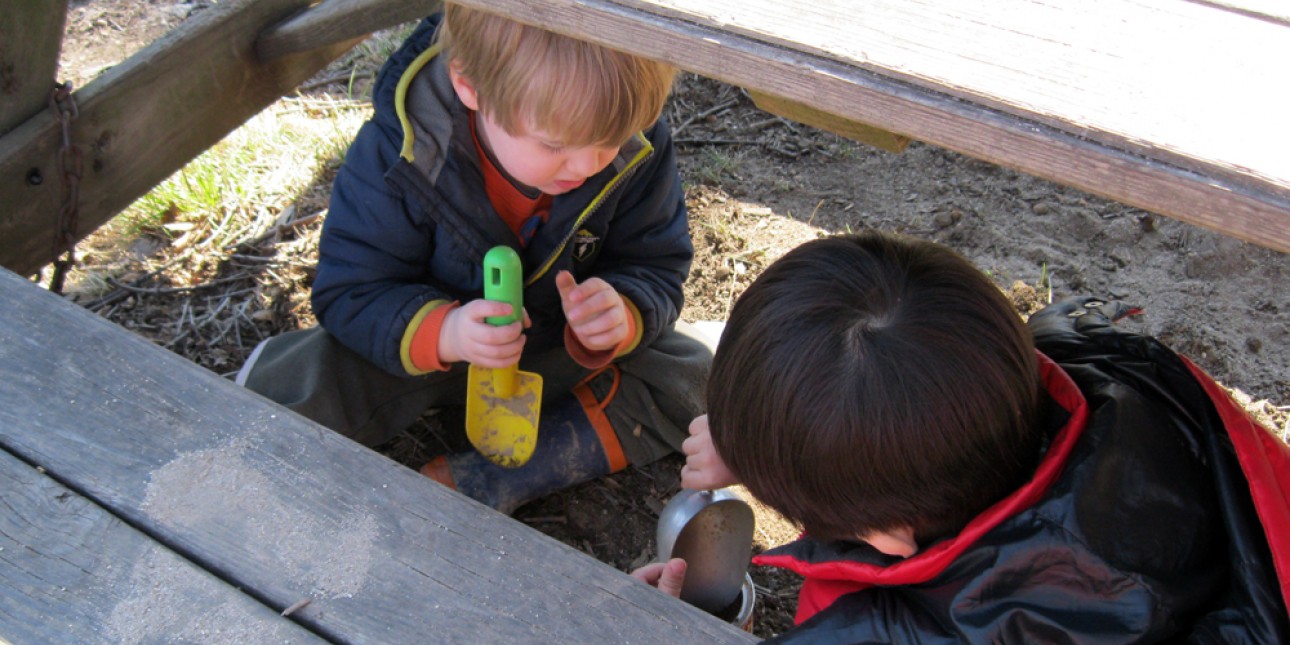Message from Kharma: Expressing Emotions

written by Kharma Hicks, Infant and Toddler Program Coordinator
Promoting healthy social-emotional development with infants and toddlers consists of the ability to form trusting and rewarding relationships with others.
Through play, the teachers help the children communicate and express their emotions when faced with challenges and other experiences. Starting at birth, babies learn who they are by how they are treated. Parents and teachers can send babies messages to build their self-esteem by telling them, “You’re good at figuring things out!” "You make me laugh.” “You did it!”
Here at PIC the teachers ensure that children are learning to form positive friendships by providing safe environments, a sense of comfort, and instilling confidence in them. The children are taught to communicate their emotions whether sad, happy, stressed, angry or excited, and to show empathy towards each other.
For example, a child may fall on the playground and scrape his/her knee. A teacher might respond by saying , “Oh, you fell down, that must have been very scary! I see you scraped your knee. Are you crying because it really hurt?” In this scenario, the child is being encouraged to think about his emotions. Of course, the teacher also cleans the wound if needed and gives lots of hugs!
Another example is when two children have a disagreement and one decides to hit or yell at the other. The teacher will ask the children talk it out; having the one who was yelled at or hit express how that encounter made them feel and asking the other one to think about another way to handle the situation.
Encouraging infants and young toddlers in this direction requires lots of modeling by the teacher. One of the famous phrases you may hear at PIC is “soft touches, we have to be gentle when touching our friends.” or a teacher simply saying “Ouch! Hitting hurts!”
Infants and toddlers learn best when they are given opportunities to play, explore their environment, and follow their interests. PIC teachers are there to guide the children as they form strong, positive relationships with their peers, while helping the children develop empathy, compassion, and a sense of right and wrong.
We know that promoting healthy social-emotional development in young children will help them to succeed in school and later in life. The concepts and qualities children learn in the early years, help shape who they will be in the years ahead.
